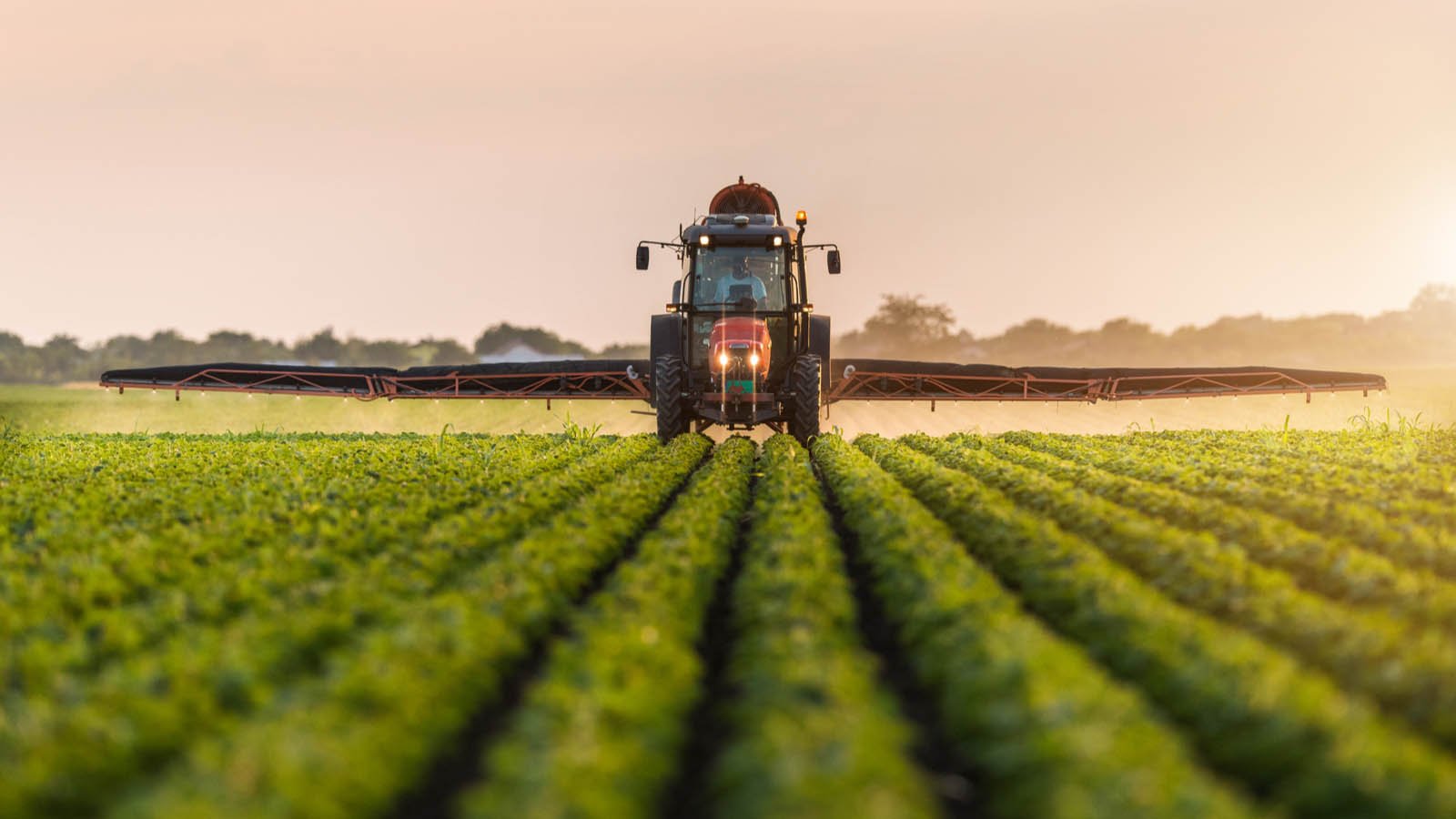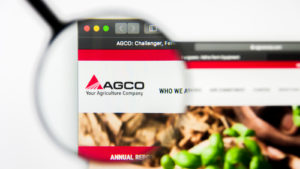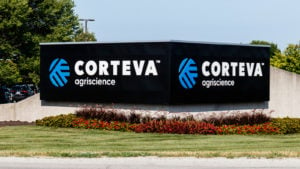
Google “precision agriculture,” and you get more than 9.3 million results. It’s become a big part of the story around agriculture stocks and the use of technology.
What is precision agriculture?
“Precision agriculture is a method of farming that uses technological innovations – including GPS guidance, drones, sensors, soil sampling and precision machinery – in order to grow crops more efficiently,” states CropLife Canada.
Is there an ETF for this? There is.
The Global X AgTech &Food Innovation ETF (NASDAQ:KROP) launched in July 2021. It was designed to invest in companies benefiting from agricultural technology, such as precision agriculture. The ETF’s press release for the launch mentioned precision agriculture 12 times. It’s that important to the success of the fund.
Unfortunately, KROP hasn’t gained much traction, with just $4.5 million in net assets. Nonetheless, there are many companies in the agriculture industry working on precision agriculture that make excellent Investments over the next few years.
AGCO (AGCO)

AGCO (NYSE:AGCO) is the seventh-largest holding of KROP with a weight of 4.45%.
The company is a manufacturer of tractors and combines. Its brands include Massey Ferguson, Fendt, Valtra, Challenger and Gleaner. Looking through the company’s various product pages, I noticed the Precision Planting brand, which develops smart products to help farmers improve planting and harvest operations.
In September, the company announced a joint venture with Trimble (NASDAQ:TRMB)—I’m aware of it because of its Trimble Construction One construction software (my wife owns a small construction company)—that sees Trimble combine its precision agriculture business with AGCO’s.
“This landmark transaction creates a JV that becomes the premier mixed-fleet Precision Ag business in the world and accelerates AGCO’s strategic transformation,” said AGCO CEO Eric Hansotia.
AGCO gains 85% ownership in the joint venture in return for $2 billion cash. Trimble retains 15% of the business. It allows Trimble to focus on its core software businesses in construction and engineering while AGCO becomes a significant player in disruptive technologies such as precision agriculture.
I like AGCO’s business a lot, and it’s one of the best agriculture stocks out there.
Corteva (CTVA)

Corteva (NYSE:CTVA) is the 3rd-largest holding of KROP with an 11.29% weighting.
CTVA is a pure-play agriculture company spun off from DowDupont in June 2019. DowDupont shareholders received a combination of cash and stock in the spinoff. Corteva generated $17.5 billion in revenue in 2022, with operating earnings before interest, taxes, depreciation and amortization (EBITDA) of $3.2 billion, making it a very profitable business.
Corteva has a page on its corporate website dedicated solely to precision agriculture.
“One study by the University of Nebraska-Lincoln found that almost 95 percent of growers using new technologies and data management tools said their investment was worthwhile,” Corteva stated. “In addition, 70 percent reported the technological assistance yielded higher profits.”
The company’s business is divided into two operating segments: Seeds (34% of revenue) and Crop Protection (66%). As the names infer, the former provides seeds to farmers for growing crops, while the latter helps keep these crops healthy and vibrant. They go hand in hand.
Despite a revenue slowdown in Q3 2023, the company’s operating EBITDA through the first nine months of 2023 was $2.99 billion, 5% higher than a year ago.
It’s important to note that businesses like Corteeva’s are greatly affected by economic conditions. When farmers don’t have much money, they buy less seed and crop protectants.
Generally, however, the global agriculture industry remains healthy. When it comes to agriculture stocks, this is one of the healthiest ones on the market.
Unilever (UL)

Unilever (NYSE:UL) is the 11th-largest holding of KROP with a 4.04% weighting.
Although the company is known for brands like Vaseline, Dove, Ponds, and Q-tips, and other non-food products, in Q3 2023, its Nutrition and Ice Cream segments generated combined revenues of 5.4 billion euros ($5.8 billion), or 36% overall.
As it said in its Q3 2023 announcement, it plans to focus on its 30 Power Brands, which account for 70% or more of its revenue. Food-related Power Brands include Hellmann’s mayonnaise and Magnum ice cream.
“We will drive faster growth by stepping up innovation and investment behind our Power Brands; we will drive simplicity and productivity, leveraging the full strength of our operating model; and we will sharpen our performance culture through strong leadership and stretching goals,” CEO Hein Schumacher said in late October.
In 2021, the company unveiled its Regenerative Agriculture Principles as a big step in working with its suppliers and partners to deliver agriculture best practices that improve the efficiency of the global food industry.
One of the projects involved the company’s Knorr soup and sauces brand working with Spanish tomato supplier Agraz. The partnership will help farmers protect their crops from decreased rainfall and depleted underground water reserves.
It did so through “cutting-edge” sensors and soil probes. These tools provide more precise water use, saving money while strengthening the production system.
Given Unilever wants to improve its gross margins, precision agriculture is helping in this regard. If you are looking for the top agriculture stocks, start here.
On the date of publication, Will Ashworth did not have (either directly or indirectly) any positions in the securities mentioned in this article. The opinions expressed in this article are those of the writer, subject to the InvestorPlace.com Publishing Guidelines.






